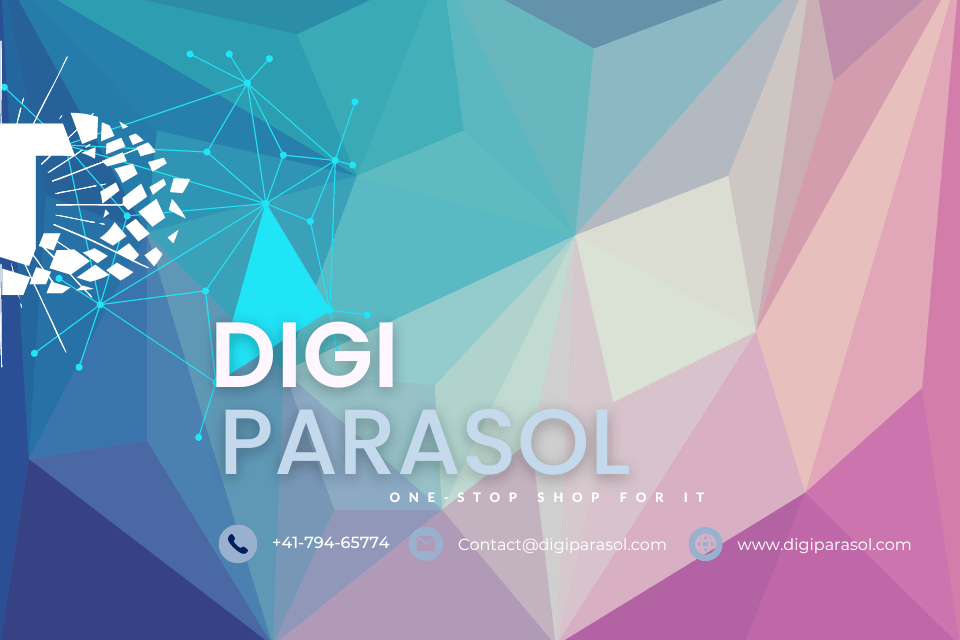**The Impact of AI on Personalized Education and Learning**
Artificial Intelligence (AI) has been transforming various industries, and education is no exception. AI technology has the potential to revolutionize personalized education and learning experiences for students. By harnessing the power of AI, educational institutions can tailor learning experiences to individual students’ needs, abilities, and learning styles. In this article, we will explore the impact of AI on personalized education and learning.
1. **Personalized Learning Paths**
One of the most significant ways AI is revolutionizing education is through personalized learning paths. With the help of AI algorithms, educators can create personalized learning experiences for each student based on their strengths, weaknesses, and learning preferences. This allows students to work at their own pace and focus on the areas where they need the most help. By analyzing student data and performance, AI systems can recommend specific learning resources, exercises, and assessments to help students achieve their learning goals.
2. **Adaptive Learning Platforms**
AI-powered adaptive learning platforms are becoming increasingly popular in educational settings. These platforms use machine learning algorithms to adapt the learning content and pace to each student’s needs. By continuously analyzing a student’s performance and feedback, adaptive learning platforms can provide targeted recommendations and personalized feedback to help students improve their understanding of the material. This personalized approach to learning can increase student engagement and motivation, leading to better learning outcomes.
3. **AI Tutoring Systems**
AI tutoring systems are another exciting development in personalized education. These systems use natural language processing and machine learning algorithms to provide personalized tutoring and support to students. AI tutors can engage with students in real-time, answer their questions, provide explanations, and offer feedback on their work. This personalized support can help students overcome learning obstacles and improve their academic performance. AI tutoring systems can also adapt to each student’s learning style and pace, providing a tailored learning experience that meets their individual needs.
4. **Data-Driven Insights**
AI technology allows educators to collect and analyze vast amounts of data on student performance, behavior, and learning patterns. By leveraging AI analytics tools, educators can gain valuable insights into student progress, identify areas of improvement, and track learning outcomes over time. This data-driven approach to education enables educators to make informed decisions about curriculum design, teaching methods, and student interventions. By using AI to analyze student data, educators can better understand each student’s unique learning needs and provide targeted support to help them succeed academically.
5. **Virtual Reality and AI**
Virtual reality (VR) technology combined with AI has the potential to revolutionize personalized education and learning experiences. VR can create immersive learning environments that engage students and facilitate active learning. By integrating AI algorithms into VR simulations, educators can personalize the learning experience based on each student’s performance and feedback. AI-powered VR simulations can adapt to students’ learning preferences, provide real-time feedback, and create interactive experiences that enhance learning outcomes. This combination of VR and AI technology can create dynamic and personalized learning experiences that cater to diverse learning styles and preferences.
6. **Challenges and Considerations**
While AI has the potential to revolutionize personalized education, there are several challenges and considerations that educators and policymakers need to address. Privacy and data security are major concerns when implementing AI in educational settings, as student data must be protected and used responsibly. There is also a risk of bias in AI algorithms, which can perpetuate inequalities and inequities in education. Educators must be mindful of these risks and work to ensure that AI systems are fair, transparent, and accountable.
7. **Conclusion**
In conclusion, AI technology has the potential to transform personalized education and learning experiences for students. By harnessing the power of AI algorithms, educators can create personalized learning paths, adaptive learning platforms, AI tutoring systems, data-driven insights, and AI-powered VR simulations that cater to each student’s individual needs. While there are challenges and considerations that need to be addressed, the benefits of AI in education are clear. As AI continues to evolve and improve, personalized education will become more accessible, engaging, and effective for students around the world.
Quoted text: “The impact of AI on personalized education and learning is profound and far-reaching. By leveraging AI technology, educators can provide tailored learning experiences that meet the needs of each student, improve learning outcomes, and promote academic success. As AI continues to advance, personalized education will become more accessible and equitable, ensuring that all students have the opportunity to reach their full potential.”


